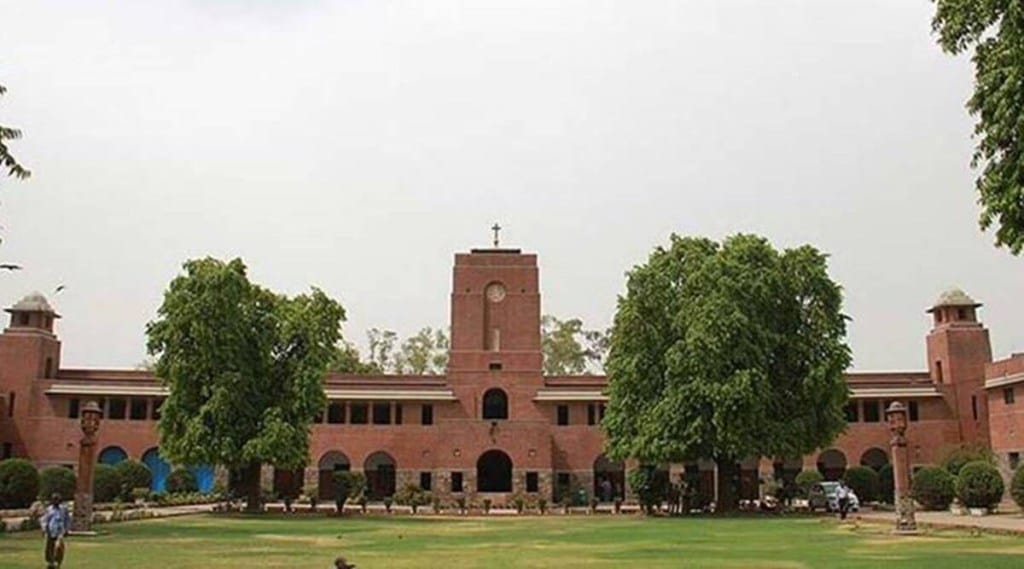St Stephen’s College is currently locked in an impasse with Delhi University over the college’s refusal to scrap interviews for admissions to general seats. The varsity has insisted that admissions to these seats should be done through Central Universities Entrance Test (CUET) scores only and informed the college that any admission that violated its rules would be voided.
ST STEPHEN’S COLLEGE ADMISSION PROCESS
St Stephen’s College insists on maintaining a 15% weightage to interviews for admissions for all categories. It is among a minority of Delhi University colleges that still reserves 50% seats for minority students. The university administration has directed these colleges to conduct the admission process for general seats on the basis of CUET.
St Stephen’s is also the only Delhi University college that has historically supplemented the cut-off filter with an interview process to select students.
In its prospectus for admissions to the 2022-2023 academic session, the college said CUET would have 85% weightage and 15% weightage would be given to interviews for candidates shortlisted on the basis of CUET. The college also requires applicants to register on its own portal, apart from the common Delhi University portal. Following the adoption of CUET, applicants will have to register on a National Testing Agency portal (instead of the university portal) and select Delhi University as one of their choices, and apply to St Stephen’s College on their official website.
The college said in the prospectus that the ratio in which general students would be called for the interview round would approximately be six applicants to every Humanities seat and eight applicants to every Science seat. The 2018-2019 prospectus had mentioned a ratio of approximately 1:4 for Humanities and 1:6 for Science.
The St Stephen’s College interview round has three components — academic to examine “suitability for the subject chosen beyond what is indicated by marks alone”; co-curricular to determine “the potential to participate in the co-curricular activities of the college and to contribute to its total life”; general awareness and values to examine “a candidate’s personal outlook, sense of values, level of awareness and motivation”.
Following the interviews, the college publishes a list of candidates selected and a waiting list.
RATIONALE BEHIND ST STEPHEN’S COLLEGE INTERVIEWS
In 1980, the Supreme Court deliberated on the college’s minority status, the interview process, and if it was allowed to set aside seats for Christians. The apex court issued a judgment in 1991. During the hearings, the college submitted that it had conducted interviews since inception.
The provision for the interview is an integral part of the college administration, it said, adding that it was part of its managerial function that could not be taken away by the varsity.
In its judgment, the top court said there was neither any arbitrariness nor vice or lack of scientific basis in the interview and that the college seemed to have “compelling reasons” to follow its own admission programme.
OPPOSITION TO ST STEPHEN’S INTERVIEWS
The 1991 Supreme Court judgment was issued with a 4:1 majority. The minority view of Justice M Kasliwal critiqued the interview process. The method cannot be considered so sacrosanct that it cannot be annulled or changed when such methods are not approved by Delhi University, Justice Kasliwal had said.
On the interview of Christian applicants, three teachers challenged in Delhi High Court the appointment of a member nominated by the Supreme Council of the college to be part of the panel interviewing Christian students. The high court had refused to intervene in the matter.


